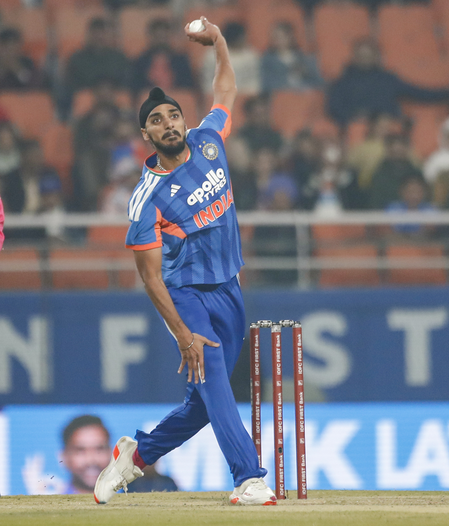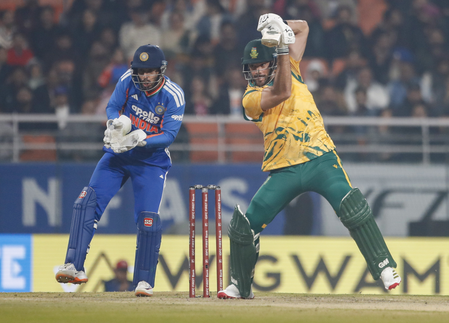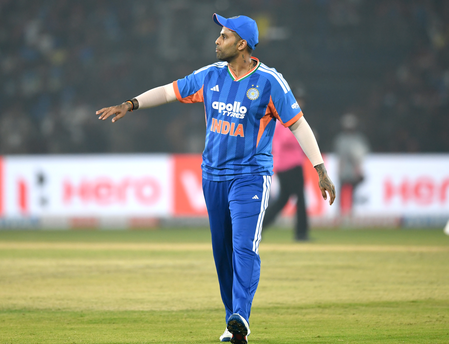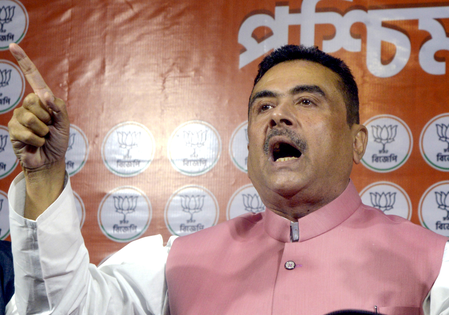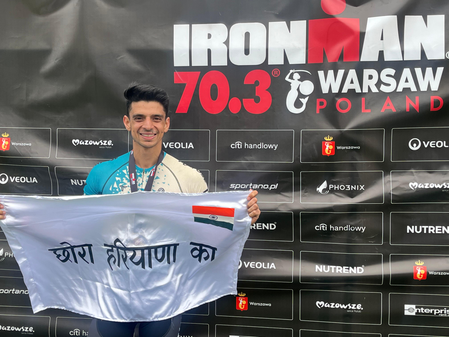
New Delhi, June 14 (IANS) In the world of endurance sports, triathlon demands a rare blend of grit, discipline, and resilience. For Bharat Ruhil, a triathlete from Delhi, resilience has been forged through personal pain, recovery, and a relentless pursuit of self-improvement.
Speaking to IANS after his latest outing at the Ironman 70.3 Warsaw in Poland, where he clocked a personal best of 4 hours and 37 minutes, Ruhil shared his remarkable journey from injury to elite competition. “It was a good practice. I clocked my personal best time of 4 hours and 37 minutes,” he said, fresh off the event in Warsaw, where temperatures and terrain posed a unique challenge.
Ruhil’s path into triathlon wasn’t conventional. His athletic beginnings were rooted in running, but recurring injuries and a subsequent knee surgery nearly derailed his aspirations. “My journey started with running, but I used to get injured frequently. Eventually, I had to undergo knee surgery. After that, I did rehab and still wanted to stay in sports, so I gave it one final shot. That’s when I got into triathlon, in 2017.”
The transition was anything but easy. Ruhil began with the Olympic distance format and quickly showed promise. His breakthrough came at the 2019 Ironman Goa, where he finished fifth in his age group, earning a qualification slot for the World Championship.
“I trained hard, finished fifth in my category, and qualified. The Championship was supposed to take place in New Zealand in 2020, but COVID hit, and everything got postponed.”
Just as he was getting back on track, another setback came — this time, more serious. In 2021, while training for the Commonwealth Games trials in Finland, he was involved in a road accident. “While I was riding, I got hit by a car. It was a major accident, and unfortunately, the trials were just a week away. I couldn’t participate. I had to go through rehab for 5–6 months, including a month of complete rest. That phase was very difficult.”
But Ruhil’s story is one of comebacks. In 2023, he finally competed in the World Championship in Finland, a milestone that brought him full circle. That year also saw him post his fastest timing yet at Warsaw, reaffirming his credentials as one of India’s brightest triathlon talents.
Despite his all-round improvement, Ruhil admits that swimming remains his toughest challenge, not for lack of effort, but due to infrastructural limitations in his hometown.
“In Delhi, we don’t have access to open water. Cities like Pune and Mumbai have lakes, but we don’t, so we have to train in pools. That’s very different from open-water swimming.”
“In open water, you need to look ahead to stay on course, and that’s something we can’t practice in pools. Plus, European races have water temperatures between 14 and 18 degrees Celsius. We’re not used to that in India, and it makes things even more difficult.”
Triathlon consists of three parts — swimming, cycling, and running. Ruhil believes that excelling in all three requires immense dedication, especially when training environments don’t fully support the demands of the sport.
With the Commonwealth and Asian Games out of reach for now — partly due to his accident and partly because Ironman formats aren’t included in those competitions — Ruhil’s current goals are sharply focused. “My target is to become India’s fastest triathlete. I’m also coaching athletes on the side, but competing remains my main focus.”
He elaborates on the formats: “Triathlon is part of the Olympics, but Ironman is a separate format. The Olympic triathlon distance includes 1500 metres of swimming, 40 km of cycling, and 10 km of running. Half Ironman — also known as 70.3 — includes 1.9 km swimming, 90 km cycling, and 21 km running. Ironman is a different category altogether. The Olympic distance is part of the Asian Games, but Ironman isn’t.”
Bharat had earlier trained for the shorter distances in preparation for the Commonwealth Games, but his accident rerouted his goals back toward Ironman. “Right now, I’m not aiming for the Asian Games. I’m focusing on Ironman events. I have two races lined up — one in Germany in September and another in December.”
As for funding, which is a critical concern in a self-driven sport like triathlon, Ruhil has had to bear much of the financial burden himself, especially early on. “Triathlon is financially demanding. I had to cover most of the expenses myself in the beginning. But now, I have a sponsor who has supported me for the last three events.”
His support system now includes a strength and conditioning coach based in Australia, and Ruhil also contributes to the sport by creating coaching content for aspiring athletes. “I also work with a strength and conditioning coach based in Australia. Apart from competing, I make coaching videos for athletes as well.”
International competitions demand not only physical readiness but also logistical and climate adaptation. Ruhil breaks down the prep process: “It usually takes a week to acclimatise to international conditions. I landed in Poland on August 4, and it took about a day to recover from the flight. Then I have to assemble my bike, check everything, do practice rides and runs, and adjust to the weather. I had to deposit my running and cycling gear by August 7 — you can’t do that on race day, so everything has to be ready in advance.”
–IANS
hs/bsk/

